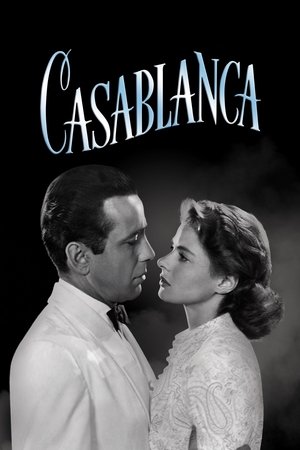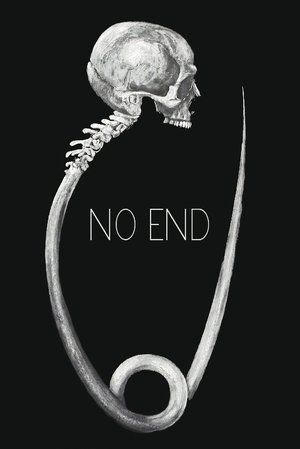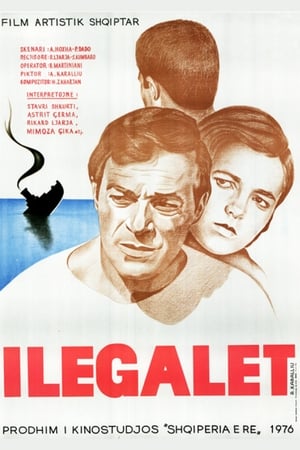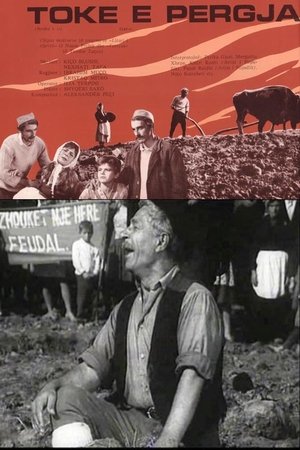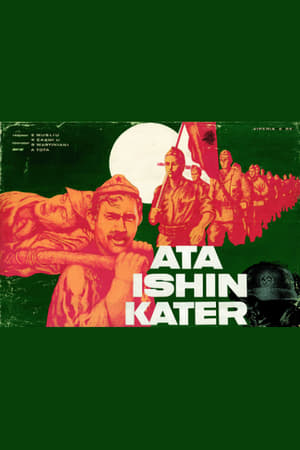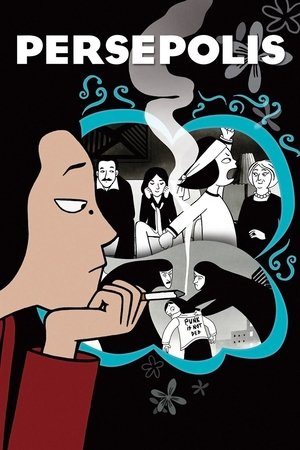Overview
In the days following the surrender of Germany in May 1945, a group of young German prisoners of war is handed over to the Danish authorities and subsequently sent to the West Coast, where they are ordered to remove the more than two million mines that the Germans had placed in the sand along the coast. With their bare hands, crawling around in the sand, the boys are forced to perform the dangerous work under the leadership of a Danish sergeant.
Reviews
> Teen POWs in the post WWII Denmark.
A Danish war-drama that was inspired by the historical account, but all the characters were fictional. Remember this title for another six month, because I am confident this film will make a journey to the west coast of the USA to compete at the 89th Academy Awards in the coming February. I have seen many foreign films, but I'm not this much positive for any others. If this film fails to make, then that would be a great disappointment despite having no idea of what are the other four films. So this is just for now, my stance may change later.
Anyway, the film was heartbreakingly amazing. The WWII stories I had seen those told from the perspectives of the Australian, Japanese, Korean, Russian to African and European to the American western sea, Hawaii. And this is a Danish story, sets in just after the end of the war where prisoners of the war were used to clean up the mess. In the opening the teen German POWs were trained to defuse the land mine explosives and then later the unit was handed over to the Danish sergeant Carl Rasmussen where they are all going to work in one of the west coast landmines that was used to defend the Scandinavia by the Nazi. That is the story told how it all ends in the remaining parts.
This was like another 'Kajaki', but not actually a war film. Using of the prisoners as the labourers is a violation, according to the Geneva rule. That's the point of the film, focused to reveal the inhume act. But it was not anything like 'The Railway Man' 'Unbroken' or the 'The Bridge on the River Kwai'. Watching a film about the brave soldiers inspires us and bring patriotism, but in this those teen kid screaming whenever something goes wrong really brings heartache. So not everybody feels comfortable with it, especially the family audience. But there were lots of edgy moments and you would never know what events follows.
"If they are old enough to go to war, they are old enough to clean up."
It was shot is the real location, and I think that part contributed to depicting the actual atmosphere where most of the POWs lost their arms and legs and some exploded into many pieces in the air. It was a simple narration, but the visuals talked itself more than anything else. All the actors were outstanding, especially those 4-5 German teens and of course the Danish sergeant Carl. I think the Carl's influence had more impact, after seeing the opening scene where he went outrage and beat up those German soldiers returning home.
There are a couple of small twists, but there are some scenes which are not easy to get over. Even though we know those were just fake, but that does not work once you totally into the story deeply. This is a different kind of emotional film, something you rarely experience. The director who is also the writer must be appreciated for handling it perfectly. Especially keeping the screenplay uncomplicated and between the two nations, where in the real event involves the British officials. I have never seen his other films, but this one will define him forth and the people are going to recognise him. So I hope he'll keep up doing such level films in the future.
I have never seen such film, I mean seen some where the kids were tortured, but this was very unique and totally a different perspective for that takes place in the backdrop of the WWII. Especially the Germans perspective is the very rare kind. So I'm kind of thinking if Germany picks 'Look Who's Back' for the Oscars, the contest between these two would bring two different moods. At this point I don't remember any Danish film I have seen so far in my life other than this one which I feel is the best Danish film ever. I mean, come on, who would do such film where your own nation, if not the whole nation, the one who represent was shown in the negative shade over the Nazi Germans. This is definitely one of the best films of the year. Highly recommended.
8/10
There are myriad movies about World War II, but never have I encountered one able to generate such sympathy for German soldiers and contempt for non-Teutonic Europeans as Under Sandet does.
The film tells the story of German POWs who were ordered to clear landmines in Denmark after the war. These are not your stereotypically evil Nazi officers, but pubescent foot soldiers — if they seem like scared little children, it’s because they pretty much are.
The locals, military and civilian alike, treat the Germans like a bunch of red-headed stepsons — completely disposable, forced to 'practice' with real, active mines, and sent to a beach under whose sands there are 45,000 buried explosive devices.
"Assuming you deactivate six mines an hour and don't blow yourselves to bits, you'll be home in three months," tells them Sergeant Rasmussen (Roland Møller), whom we first meet when he’s bashing a surrendering German soldier’s skull in for carrying a Danish flag in his hand.
Under Sandet’s premise explores an overlooked aspect of World War II, but the film's power lies not in what it reveals, but in what it doesn't. At a certain point, one of the boys is unlucky enough to find a mine right on top of another mine; the poor wretch doesn’t live long enough to realize this fact, but his ignorance of the situation does not in the least lessen its impact.
Similarly, writer/director Martin Zandvliet has crafted a figuratively equally explosive palimpsest. Depending on how steeped the viewer is in the historical context, the Danes' attitude is petty at best and hypocritical at worst.
In addition to irony so subtle it’s almost subliminal, Under Sandet is a rather literal illustration of Hitchcock’s notions on suspense. This suspense remains effective even if we can predict some of the characters’ fates (for instances, one would have to be exceedingly naïve to see a pair of brothers — and twins, no less — in a story like this and expect them both to survive).

 100 min
100 min
 7.801
7.801
 2015
2015
 Germany
Germany
 Reno wrote:
Reno wrote:
